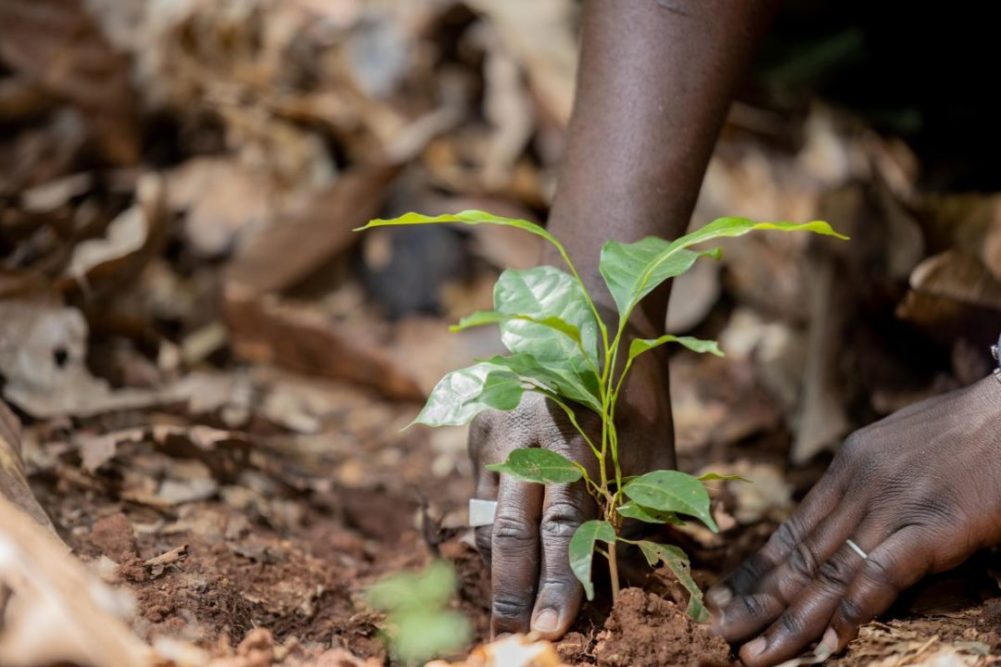VEVEY, SWITZERLAND — Nestle SA will pay cash incentives directly to cocoa-farming households for certain activities, including enrolling children in school, under a new plan announced Jan. 27 that addresses child labor risks in cocoa production. Nestle plans to triple its annual investment in cocoa sustainability efforts and invest a total of 1.3 billion Swiss francs ($1.4 billion) by 2030.
An income-accelerator program aims to improve the livelihoods of cocoa-farming families and advance regenerative agriculture practices and gender equality. Farming families will be paid for the quantity and quality of cocoa beans they produce as well as for providing benefits to the environment and local communities.
Poverty, climate risks, and a lack of access to financial services and infrastructure like water, health care and education contribute to the risk of child labor on family farms, according to Nestle, which added the plan focuses on the root causes of child labor. To accelerate the implementation of good agricultural practices, Nestle will pay farmers up to an additional 500 Swiss francs ($537) annually for the cash-incentive program’s first two years. The incentive then will level off at 250 Swiss francs.
Nestle will pay incentives for enrolling all children in the household of the ages 6 to 16 in school; implementing good agricultural practices such as pruning; performing agroforestry activities such as planting shade trees to increase climate resilience; and diversifying income by growing other crops, raising livestock such as chickens, beekeeping and processing other products like cassava.
Nestle will make payments through a secure mobile service transfer that will ensure traceability directly from Nestle suppliers to the intended recipient.
Other parts of the program include offering families training on a gender action learning system and on household financial planning and entrepreneurship, organizing and training local groups to perform pruning and other agricultural tasks, and helping set up a Village Savings and Loans Association focused on women.
“Our goal is to have an additional tangible, positive impact on a growing number of cocoa-farming families, especially in areas where poverty is widespread and resources are scarce, and to help close the living income gap they face over time,” said Mark Schneider, chief executive officer of Nestle. “Building on our longstanding efforts to source cocoa sustainably, we will continue to help children go to school, empower women, improve farming methods and facilitate financial resources. We believe that, together with governments, NGOs and others in the cocoa industry, we can help improve the lives of cocoa-farming families and give children the chance to learn and grow in the safe and healthy environment they deserve.”
Nestle ran a pilot program in 2020 with 1,000 farmers in the Ivory Coast. This year the program will include 10,000 families in the Ivory Coast. The program will extend to Ghana in 2024. After assessing results and adapting where necessary, Nestle plans to reach all cocoa-farming families in its global supply chain by 2030.

